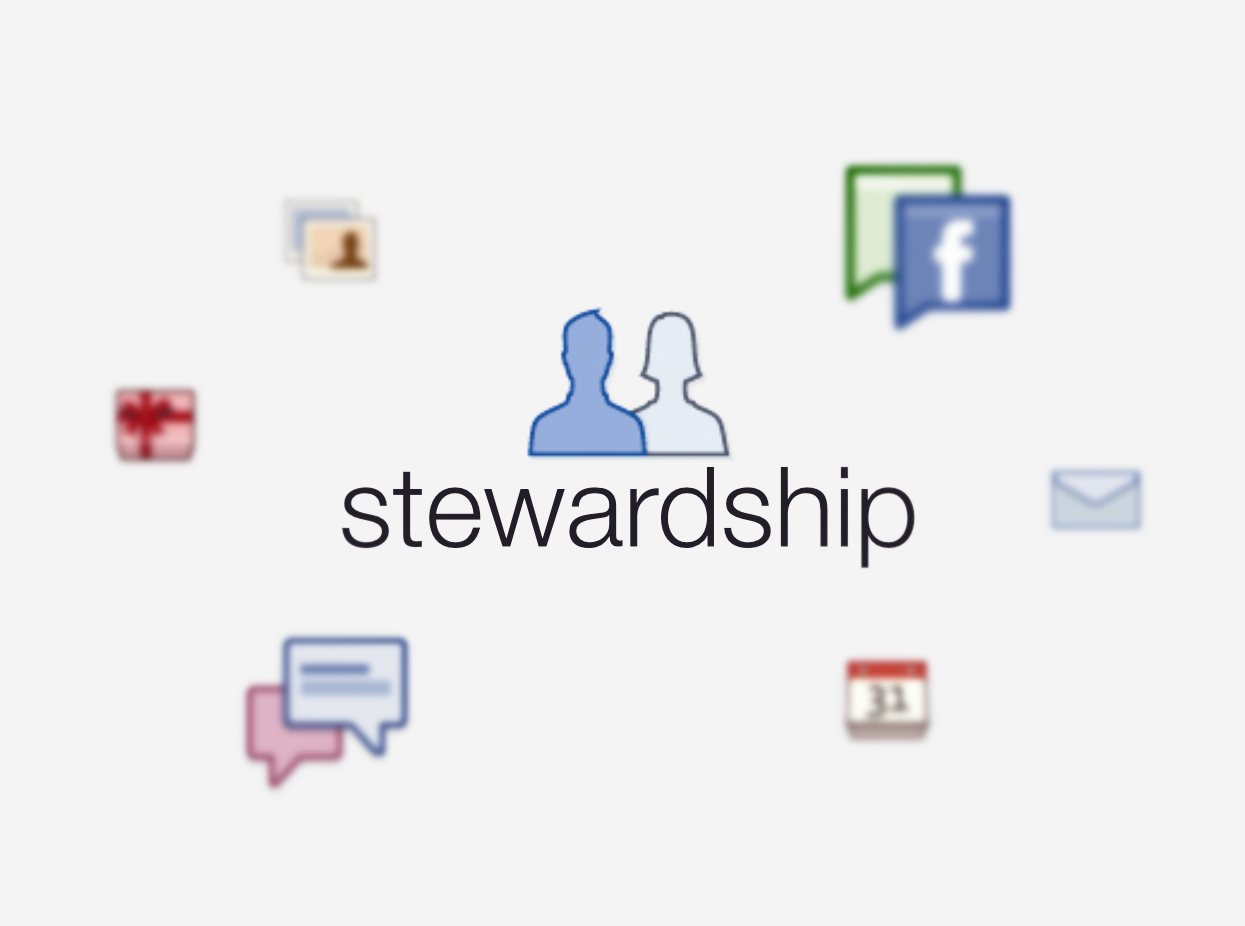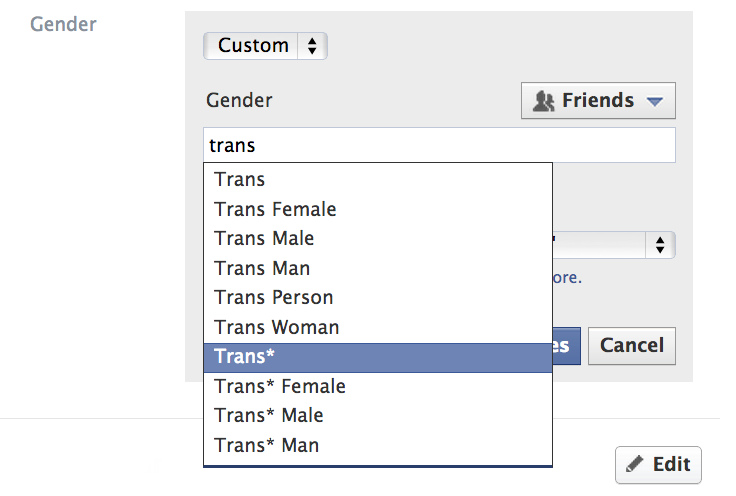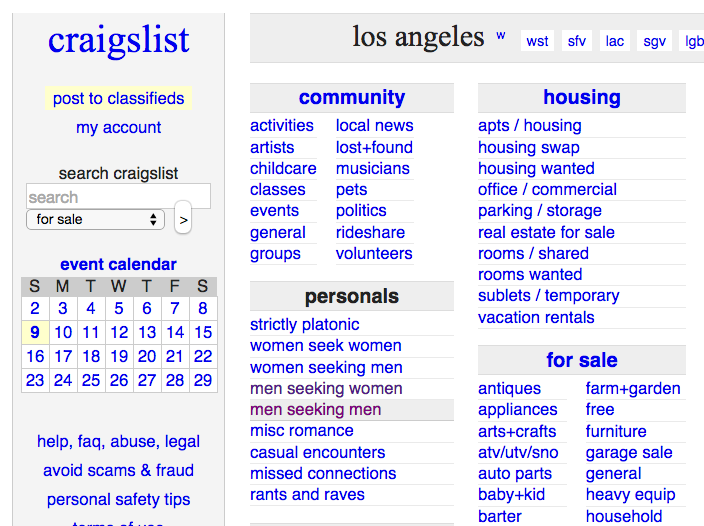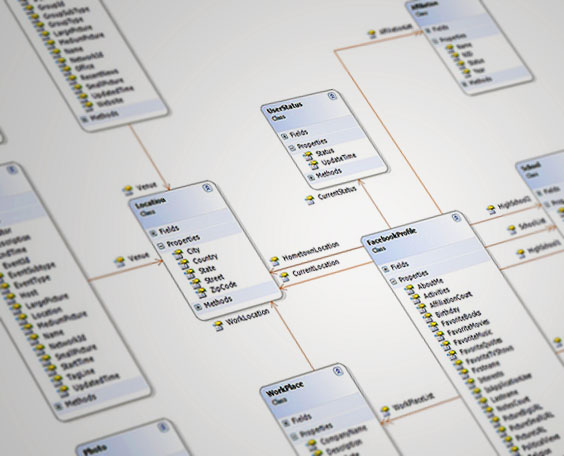-
Stewarding Online Identities for the Deceased
We are exploring issues around inheritance and post-mortem data management of Facebook accounts. We are finding that people focus less on ownership of data, and instead on the duties and potential conflicts associated with maintaining accounts post-mortem. “Stewardship” is an alternative to inheritance when designing for post-mortem data management practices.
-
Exploring Solutions for Post-mortem Data Management
The death of a loved one can be a challenging time for survivors who are left to manage the deceased’s affairs. In many cases, our increasing amount of online data is exacerbating this issue. We are currently investigating the challenges and responsibilities for survivors when managing the online accounts of the deceased.
-
Gender Transition on Social Media
Sociotechnical systems, such as social networking sites (SNS), often privilege people who fit within expected, static categories. Thus, designing technology and SNS flexible enough to allow for representation of complex identities that emerge as people embark on major life transitions, such as changing gender, is a particular challenge for HCI. Because little is known about…
-
Refusing, Limiting, and Departing
Most research in human-centered/social computing focuses on when and how people use technology. Examining “non-use” – when and how people do not use technology – is equally important. Unconventional use run through many of my projects where I study why people might choose to leave a system (e.g., my research on leaving Grindr), and how the…
-
Sexual health-related language in online personal ads
How have personal ads changed in the last 30 years, and how has the HIV/AIDS crisis influenced these changes? In a collaboration with Oliver Haimson, we find that the percentage of ads using sexual health-related language has increased from 23% in 1988 to 53% today, and that use of sexual health-related language in a location correlates…
-
Navigating Multiple Marginalized Identities in Online and Offline Spaces
This project analyzes how individuals with multiple marginalized aspects of their identity experience a sense of community in online and offline spaces. Through concurrent mixed methods research, we are studying the experiences of Lesbian, Gay, Bisexual, & Transgender (LGBT) Asian American & Pacific Islander (AAPI) individuals.
-
Sustainability & Social Media: Scaling Social Networks to Social Movements
This project is directly concerned with issues of scale in social-computational systems. How can we exploit the power of contemporary networks to bring people together to act and operate at scale? In particular, can we draw lessons from sociological investigations of social movements to turn current interests in social media and social networking into larger-scale…
-
Death and the Social Network: The Persistence of Digital Identity
What happens to your digital identity after you die? There is a growing presence of profiles on social networking sites representing individuals who are no longer alive. Post-mortem, friends use social network sites to say last goodbyes, share memories, and coordinate funereal arrangements.
-
PatientsLikeMe: Representation in a Patient-Centered Social Network
Adoption of PatientsLikeMe points to the importance of online spaces in which patients can share experiences and receive peer-support consistent with their treatment plans. We are investigating the ways PLM captures, stores, and presents health information inside of a social network context.
-
I am an ID
What happens to an identity once it is stored inside countless databases? Our online identities are collaborations between user behavior and technology. Increasingly, computers speak on our behalf, representing our identities in configurations that are shaped by the technological systems through which they are communicated.










